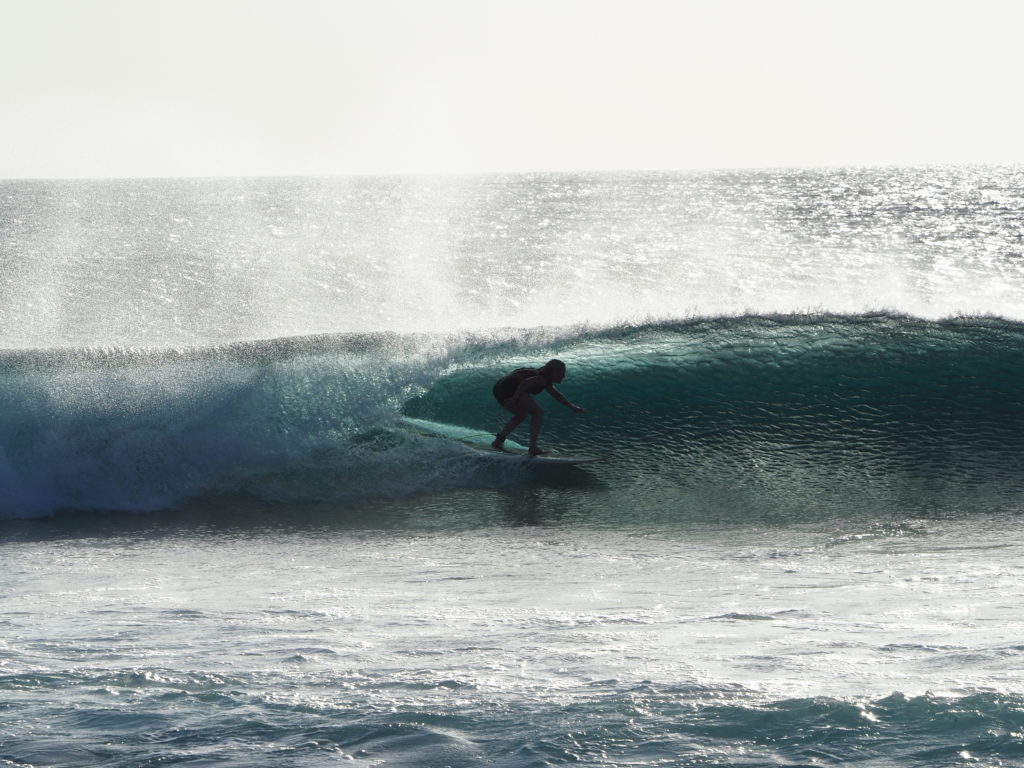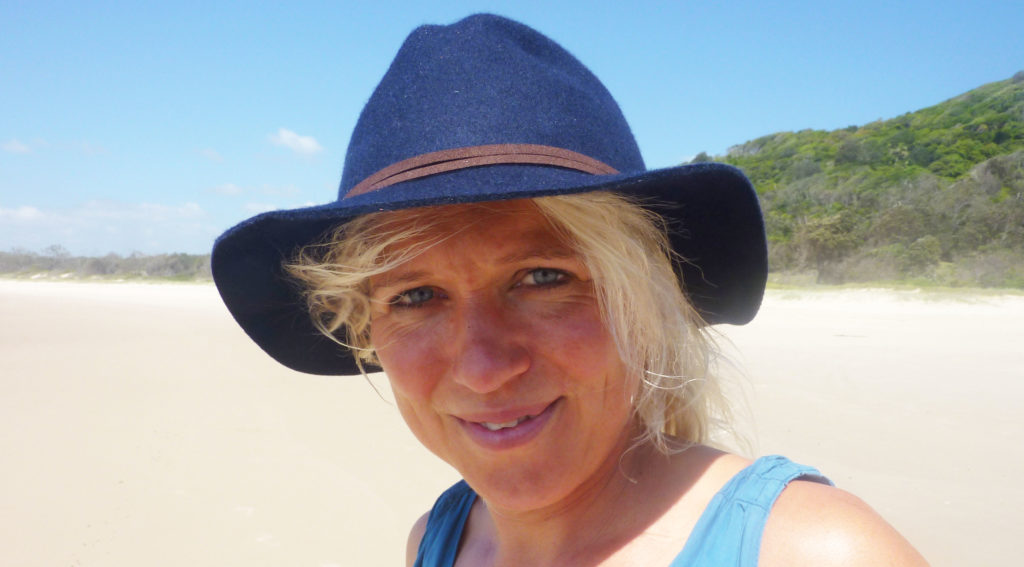Karins life
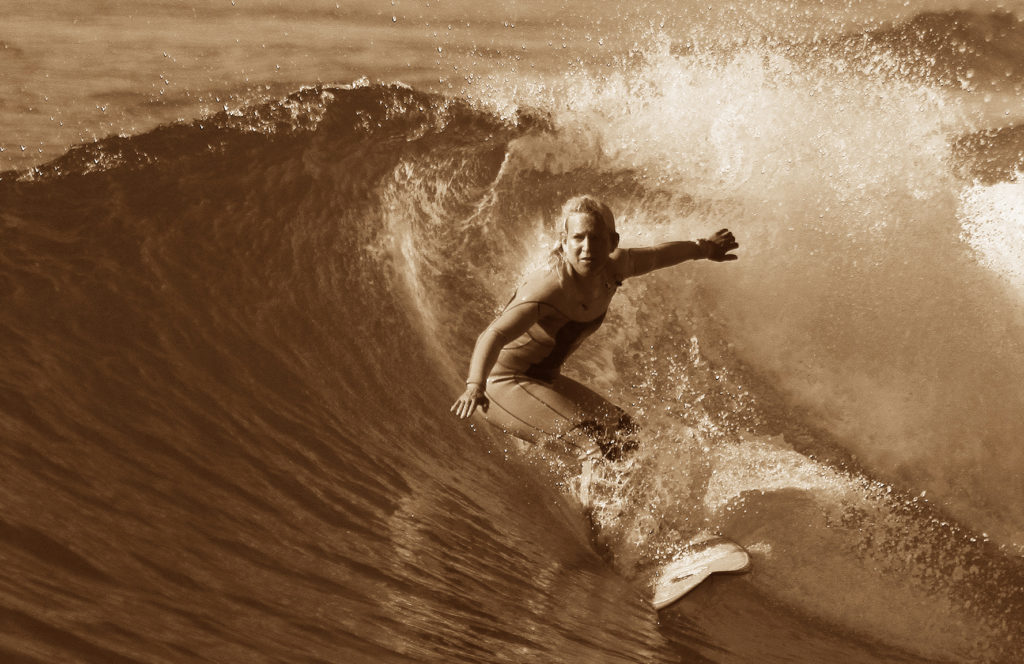
Her story explains how as a surfer and survival teacher Karin has learnt to manage her often life threatening health-challenge.
These days Karin is known as a keen surfer and surf coach who lives her life on the beach. Only a few people know of her health struggles and hardly anyone knows how hard she worked to learn strategies and skills to survive and how she needs to use them every day.
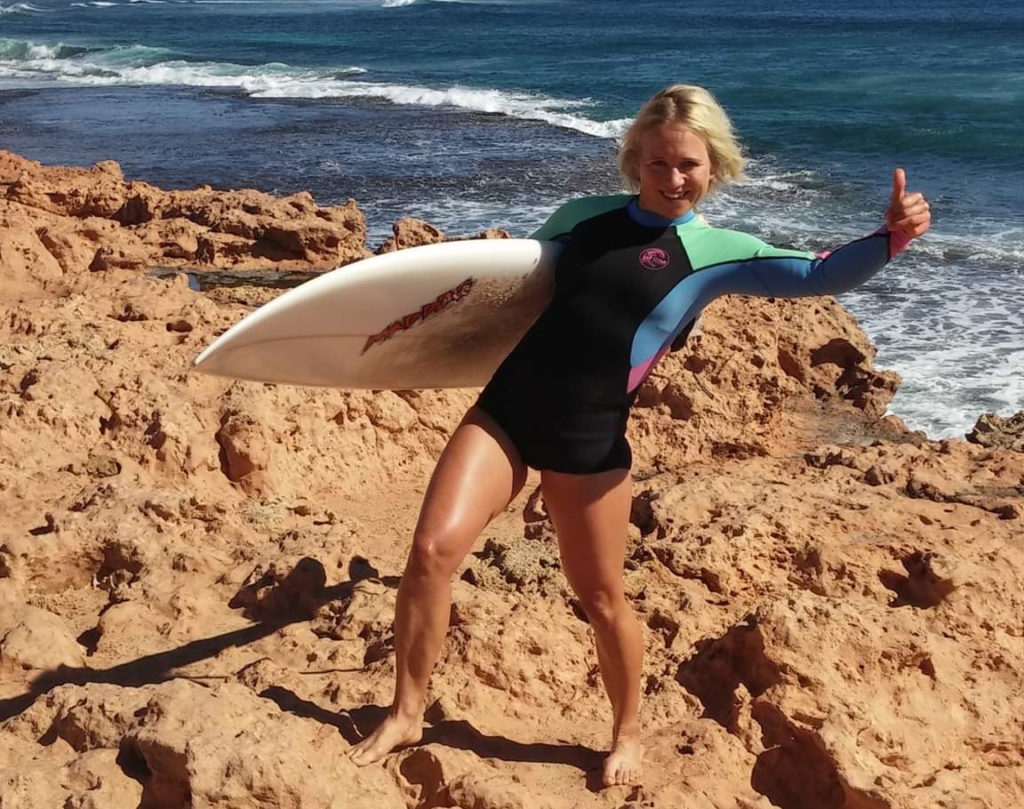
Since her childhood, Karin suffers from severe allergies. Over the years, more and more triggers for allergic reactions accumulated. The symptoms affect her organs such as lungs, stomach, intestines (pain, breathing difficulties, digestive problems), skin, mucous membranes and even the brain (difficulties speaking and even unconsciousness). At the age of 11, a specialist compared her lungs to the lungs of a 69-year-old chain smoker.
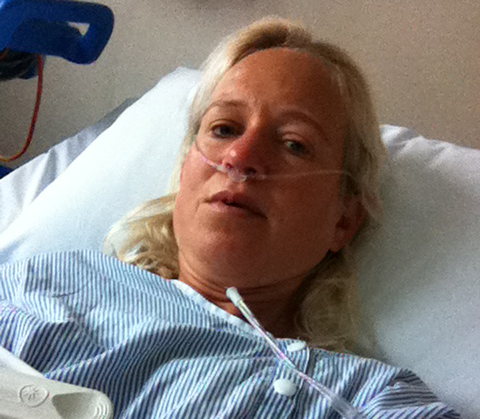
Karin is being treated by various specialists. Her health issues are documented and recognised by the authorities. She receives partial disability pensions by the Swiss and Australian governments. The causes for her hypersensitivity are unclear. Several health professionals suspect that there is a connection with the strong immunosuppressive drugs described to Karin’s father before she was conceived. Karin’s father was one of the first kidney transplant patients and therefore a human guinea pig for testing immunosuppressants and further drugs.
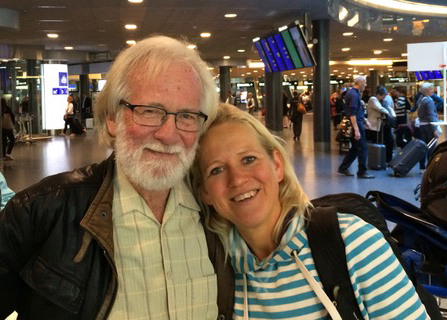
The family history on her mother’s side shows allergies and hypersensitivity.
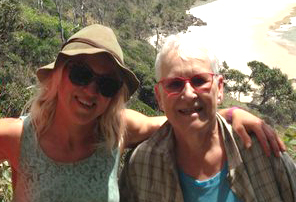
At the moment Karin reacts so hyperallergically that she can only eat a few sterile – mostly canned or dried – foods. In addition, she reacts to dust, mites, mould, pollen, wood, vapours and odours from washing detergents, cosmetic products, chemical and petrochemical products, such as petrol, motor oil, colour, varnishes, or heated plastics etc.
The biggest challenge for Karin is an allergy to bacteria which fester in fresh water and humidity. These bacteria also exist in Karin’s own sweat and on her skin causing allergic reactions. As a result, Karin can only wear a few loose garments and has to wash and dry them under strong UV light on a daily basis.

She also reacts to objects that she has touched before and that have therefore been contaminated with bacteria including clothes and bedding she used. Only objects made of stainless steel, glass or stone can be easily cleaned and reused.
The reactions these days are so strong that Karin cannot live in closed rooms. She spends the major part of her time away from civilisation, usually in the open air, often only protected from wind, rain and sun by a tarp or umbrella.
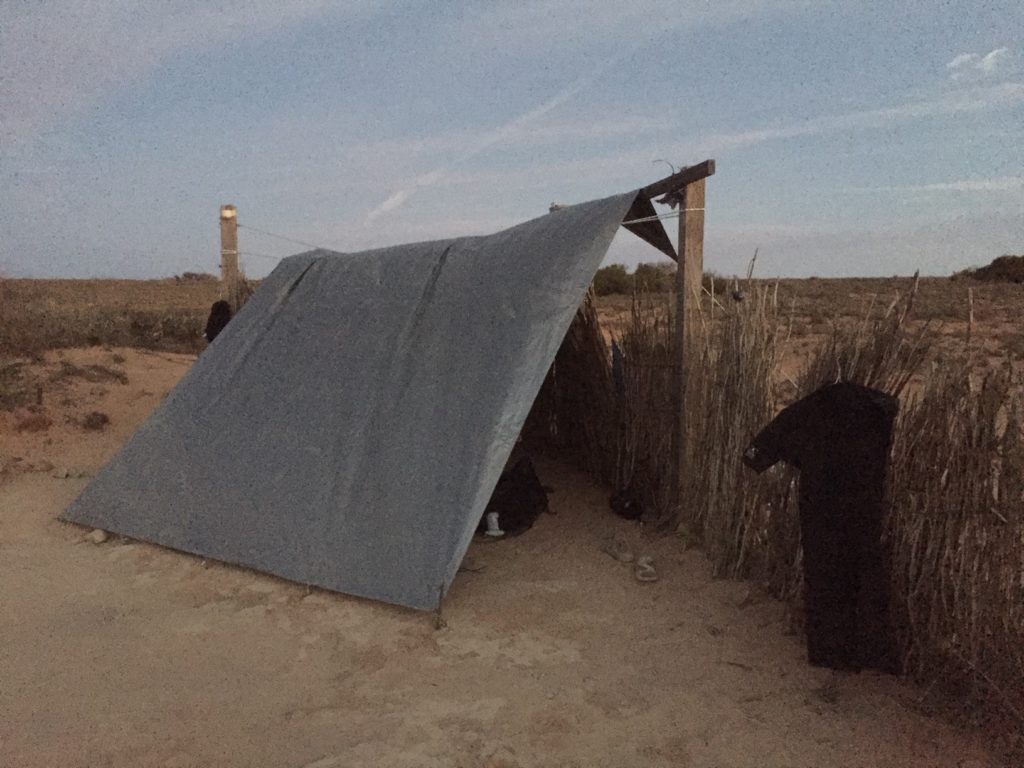
Born and grown up in Switzerland, Karin soon realised that whenever she traveled she felt better. She discovered how Australia was the place she could realise everything which made her feeling well and happy: surfing in warm saltwater all year round, living outdoors 24/7, and working outdoors away from civilisation with a very simple lifestyle.
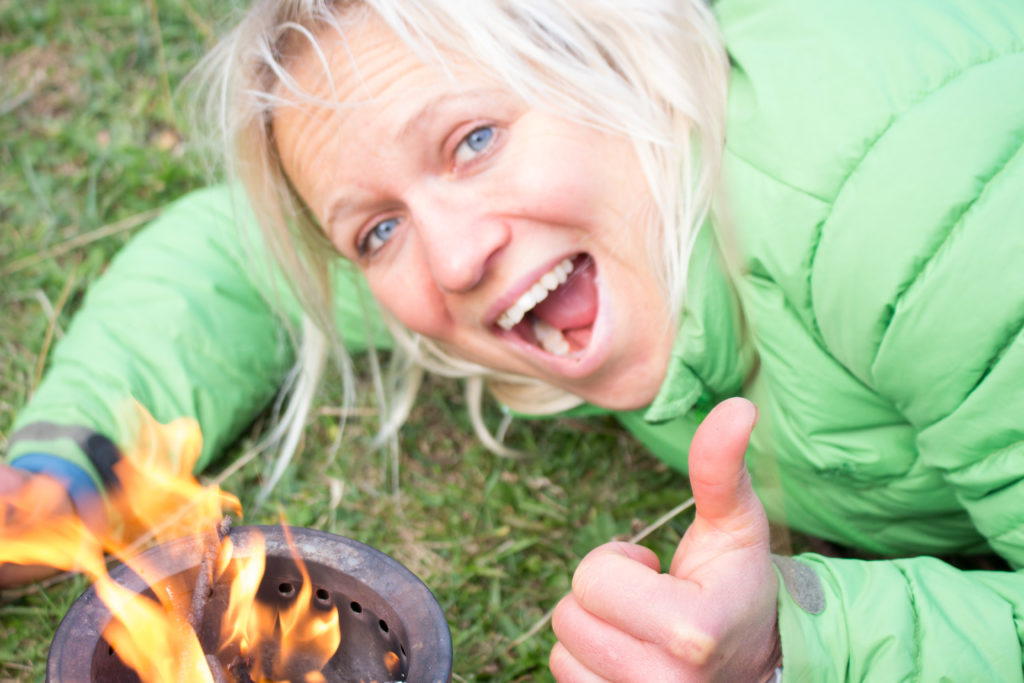
She managed to get an internship with Outward Bound Australia, the best known Outdoor Education Organisation, and for the following years worked as an outdoor educator for them and for other companies, teaching expeditioning, climbing, abseiling, rafting, canoeing, kayaking, caving and more. Then a dream came true and Karin got sponsored to be trained as a Leader for the National Outdoor Leadership School, teaching mainly university students.
In her work life she has led a big amount of expeditions lasting up to several weeks in the most remote wilderness places and taught apart from the hard skills for the different outdoor sport activities also soft skills, such as survival skills, leadership, teamwork, first aid, cultural education and sustainability to high school students, apprentices, university students, and adults.
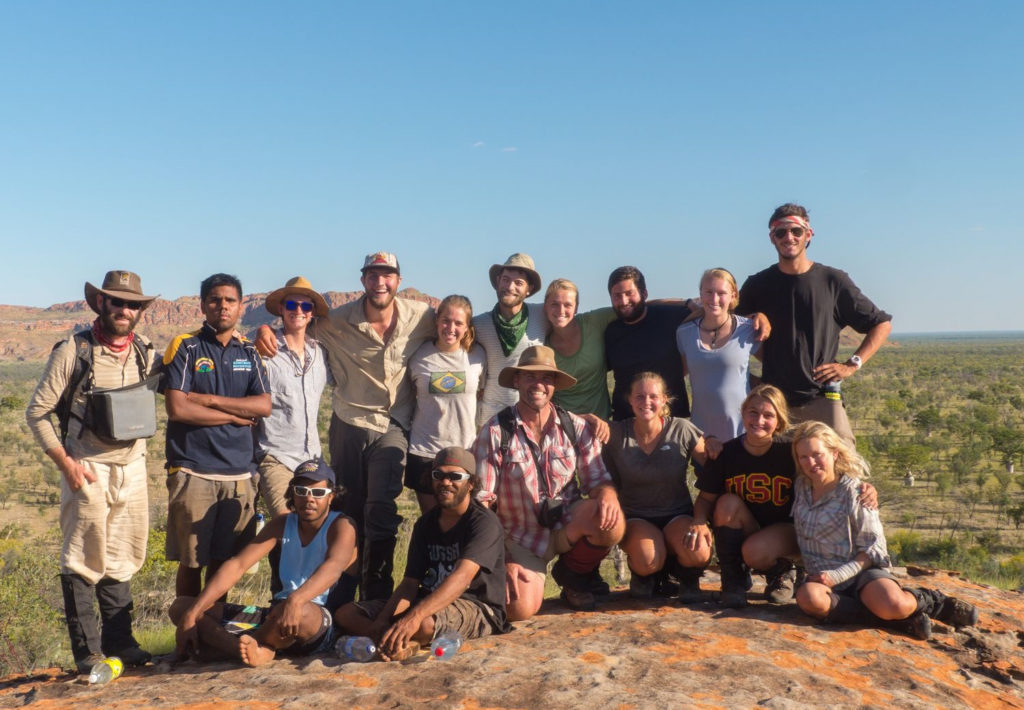
These extreme experiences provided countless opportunities for learning and growth in the area of survival and ways to overcomeseemingly impossible challenges. This background helps Karin every day to cope with her own life-threatening challenges.
Another huge help is that she often worked closely with Aboriginal people and has several Aboriginal teachers who have a big impact on her understanding of life in nature.
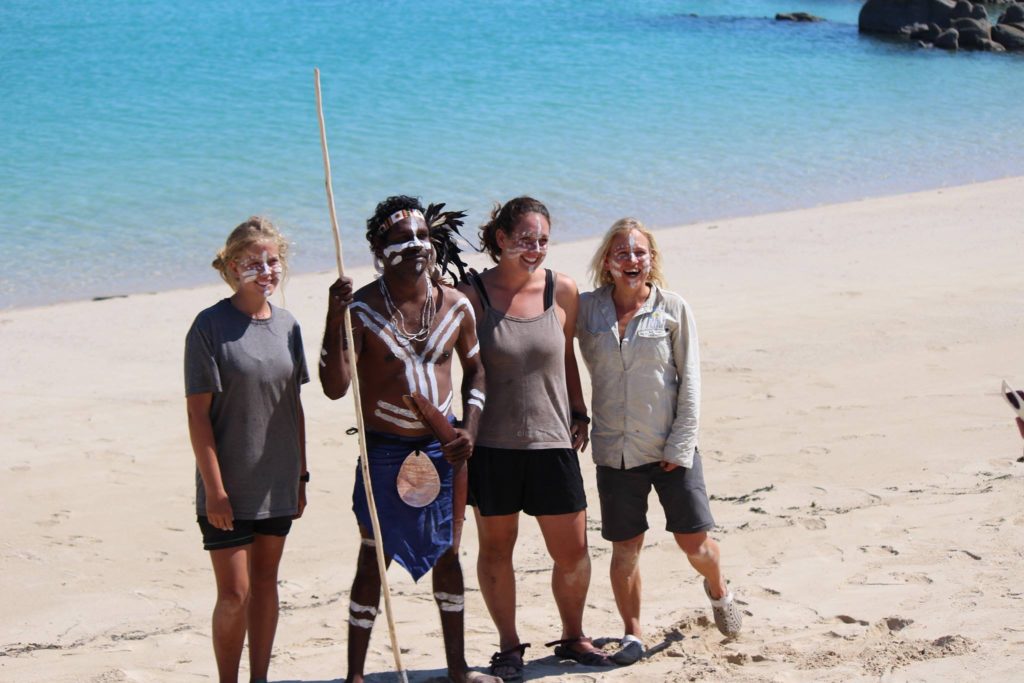
The allergy to the bacteria on her skin and in her sweat made outdoor education work impossible and led Karin to focus totally on her surf life in salt water.
The only place where Karin can truly recover is in the salt water. There she can wash off all allergens. The deep inhalation of the sea air and the rinsing of her mucous membranes with salt water when surfing are the best medication.
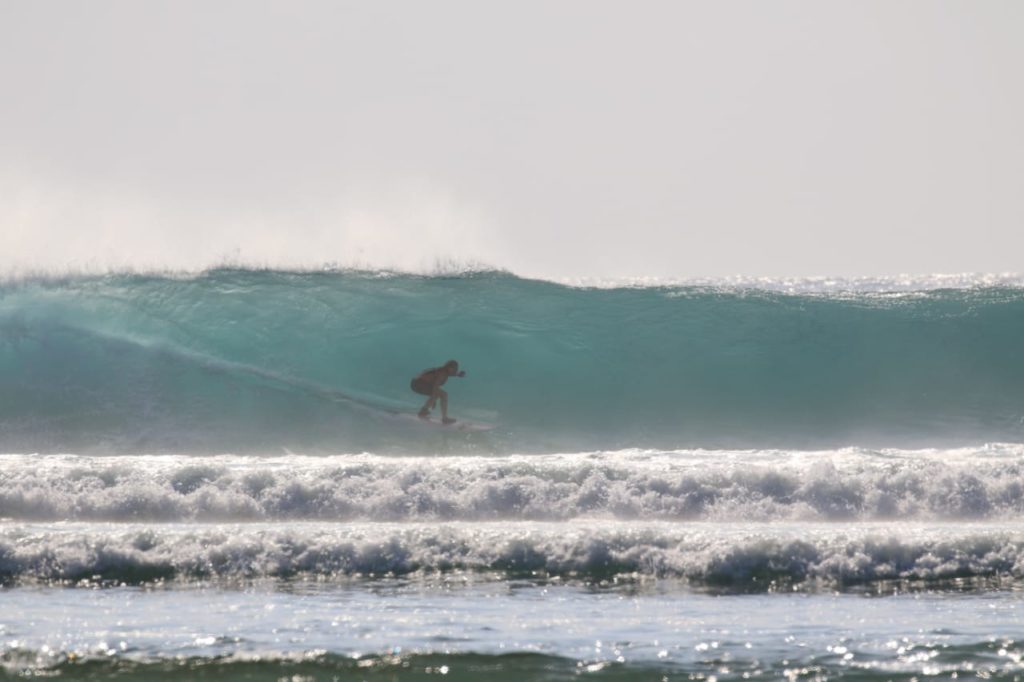
That’s why she kept training, reached the level 2 surfcoach accreditation and now works as a senior surfcoach and passes her skills and knowledge about the ocean on to mainly local students.
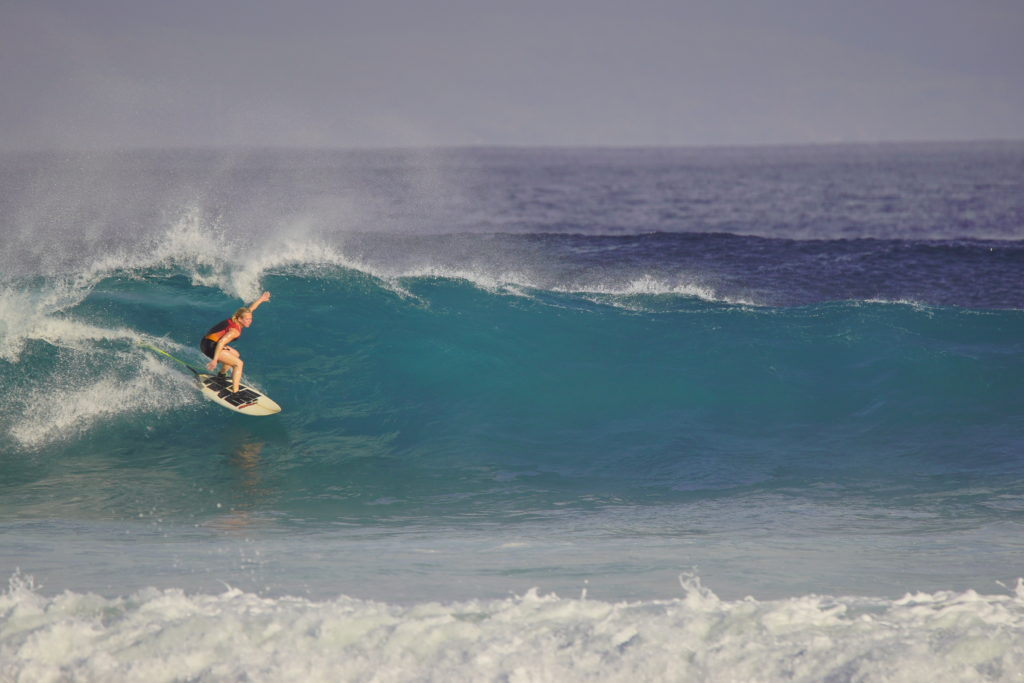
Karin loves her job but it is a big contrast to what she used to be able to do. Already of young age in Switzerland, Karin used to be a middle school coordinator of 4 schools, now she works as a surfcoach on the beach but refuses any extra responsibility as the brain and body gets too effected by reactions. On bad days Karin struggles to figure out how many boards to put on the trailer for her lesson as when effected by reactions her brain wouldn’t even allow her to do the simplest additions when on land. However, luckily in the salt water the reactions are not as strong as on land, so the safety management and coaching inside the water were never a problem, but mainly tasks away from the beach.
The health challenge also effected her academic career strongly. In 2009 Karin was repeatedly encouraged by her supporting professors at Nathan University in Brisbane to finish her promising PHD project after completing her Masters degree in Education for Sustainability very successfully. However, her allergy to paper and problems with electronics and computers made it impossible.
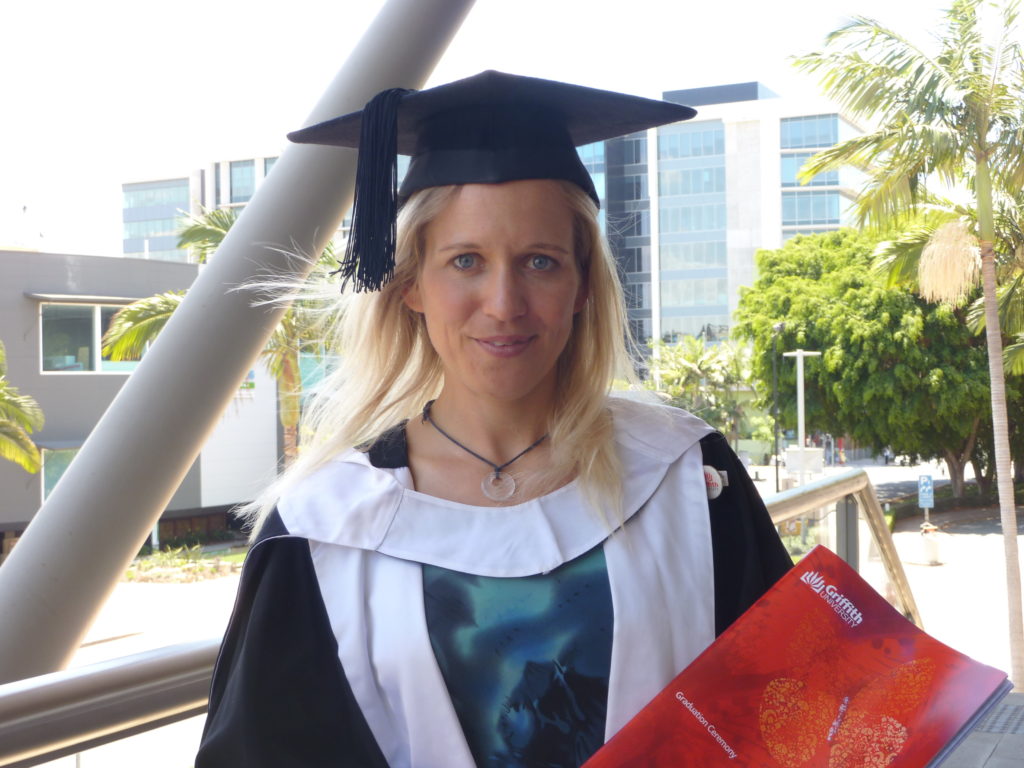
Ten years ago Karin was a well paid teacher. She used to work for two of Australia’s best private schools and now after her health struggles she has, as a surf coach, one of the worst paid jobs in education.
It makes Karin sad that she cannot use most of her qualifications and degrees and is not able to follow a career. This situation also creates financial stress. But she knows she simply would not survive living the usual lifestyle and work-life of people around her. Instead, she chose the surf and beach life and work that is the healthiest for her. She has worked hard to create this situation tailored to her survival needs and is very happy with her present life, her work environment and her social network.
The energy Karin needs to cope with her pain and challenges she gains from the special power of the waves. The adrenaline released while surfing provide some pain relief.
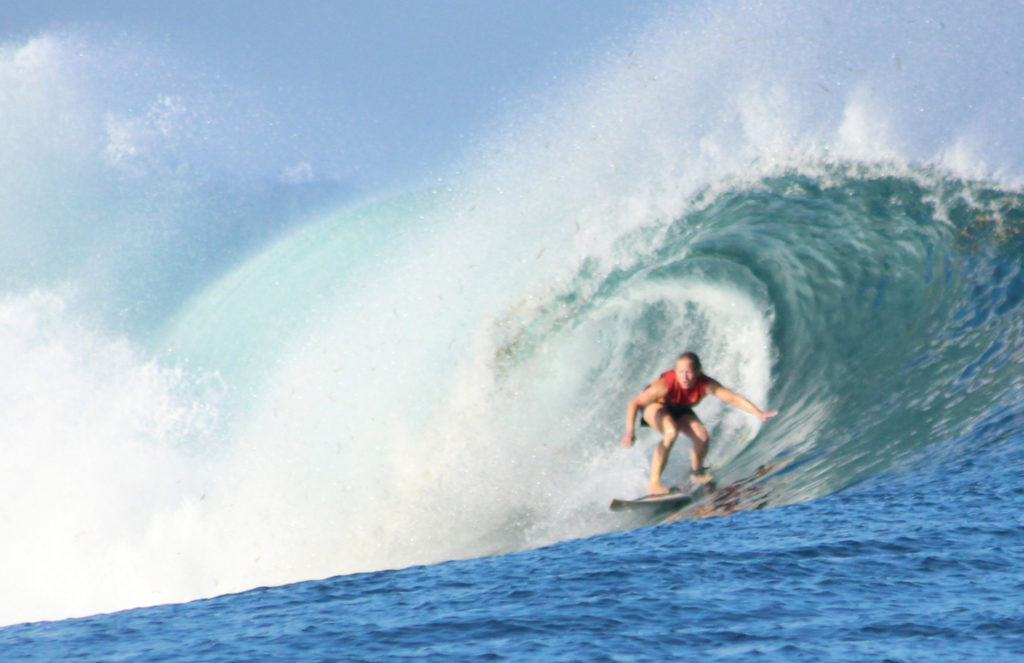
If Karin stays in one place for too long, she turns reactive to whatever she is exposed to for too long. Also climate affects her health, so she has to change her environment and place of residence several times a year.
This link to the 5min shortfilm captured with an iPhone by Doctor Asha Burkett shows Karin in her winter home in remote Western Australia in 2017.
However, since the shortfilm Karin’s health state has worsened remarkably. The aggravation of her hypersensitive reactions during the last few years is making her life extremely challenging.
When feeling well enough though Karin is a cheerful and happy person and a passionate surfer. Her vast experience and great knowledge in outdoor education, survival techniques and first aid, and her work as Senior Surf Coach are highly respected and appreciated. She is locally committed to environmental protection activities and shares her knowledge about health and dealing with challenges within her community.
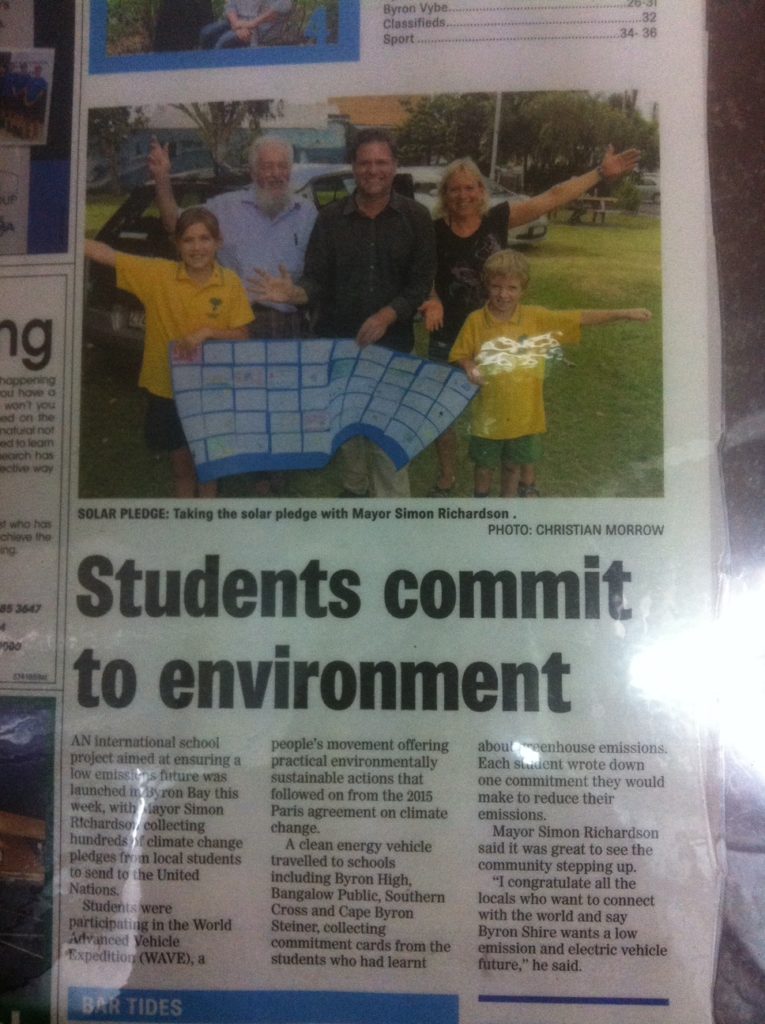
Her courage and strong will to survive are admirable.
